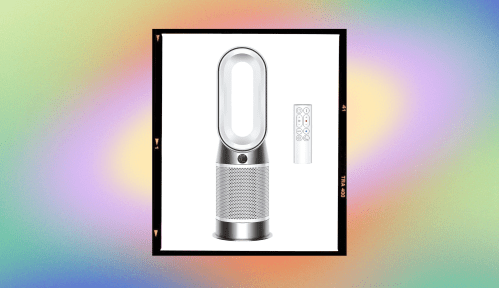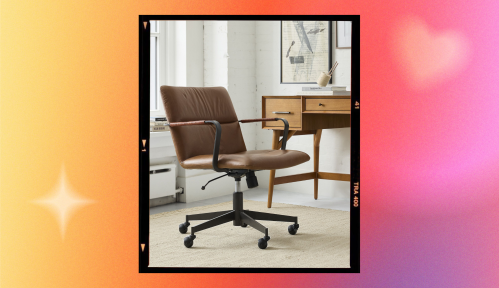Our editors independently select these products. Making a purchase through our links may earn Well+Good a commission
‘I’m a Gastroenterologist Who Gets Motion Sick—Here Are 7 Things That Actually Help to Prevent It’
While there's no way to be cured of motion sickness, there are ways to prevent it. Here's how to head off motion sickness, according to a doc.

Motion sickness is annoying, messy, and terribly inconvenient. Activities that should be fun, like traveling or getting on a roller coaster, are instead marred with nausea and anxiety. But luckily, Niket Sonpal, MD, a New York city-based gastroenterologist and internist who suffers from motion sickness, says there are a few things that can help. Step one is understanding why motion sickness happens.
“The inner ear is responsible for our ability to stay balanced and for us to know where we are in the world in a 3D sense,” says Dr. Sonpal. “What happens is that repetitive movements disturb the inner ear, and then it gets tricked into thinking we’re moving a lot. The fluid and what we call the ossicles in the ear start getting thrown off, and then the feedback from that turns into symptoms of dizziness and nausea.”
The good news is that you tend to grow out of motion sickness. As you get older, your inner ear stabilizes, making it less likely, says Dr. Sonpal. But if you’re still feeling motion sickness, he says that while there’s no way to be cured of it, there are ways to prevent it. Keep reading for his tips on how to head off motion sickness (unless you’re currently motion sick—because reading can make it worse!).
How to prevent motion sickness, according to a gastroenterologist
1. Choose a window seat or sit up front
When your inner ear tricks your body into thinking you’re moving a lot, one thing that helps is looking at something steady like the horizon or a plane wing. If you’re taking a bus, plane, or train, sit in the window seat. If you’re in a car, try to nab the passenger seat. Dr. Sonpal explains that there’s more movement in the backseat which makes the horizon appear more unstable. “Drivers tend to get no motion sickness because they’re constantly at attention and they’re in control, so their hand-eye coordination is in sync with their ears,” says Dr. Sonpal.
2. Drink lots of water
“Hydrate, hydrate, hydrate,” says Dr. Sonpal. “Drinking enough fluids will keep you from feeling sick.”
3. Don’t read or watch a movie
Seeing the words on a page bounce around as you’re reading in a car or watching the characters in a show move while you’re on a plane can make you feel like you’re moving even more. If you know these activities make you feel sick, Dr. Sonpal says to avoid them.
4. Don’t eat foods that upset your stomach
If you’re sensitive to dairy, right before you get on a plane is not the time to eat a bagel that’s loaded with cream cheese. “Stay away from certain foods that are already going to unsettle your stomach,” says Dr. Sonpal. “You may eat a big old burrito before you get on a plane, and it may make you feel full, heavy, and nauseated. Then when you’re already prone to motion sickness, it will just compound the issue.”
5. Breathe diaphragmatically
Slowing down your breath rate and following deep, diaphragmatic breathinghas been shown to reduce motion sickness. If you get anxious at the idea of getting motion sick, which in turn makes you feel even more nauseous, deep breathing could be especially helpful. “The autonomic symptoms [of motion sickness], like dizziness, lightheadedness, sweating, feeling woozy, hot flashes—all of those things can happen with anxiety,” says Dr. Sonpal. When you breathe diaphragmatically, you allow your belly to fill with air as you inhale and flatten with your exhale without moving your chest. Follow this tutorial from New York-Presbyterian Hospital to try it out.
6. Get an acupressure bracelet
Dr. Sonpal notes that while there is mixed evidence as to whether or not these bracelets work beyond the placebo effect, he says that some people benefit from them. These Lyjee bracelets ($5) use a plastic dot to apply pressure to the Nei-Kuan acupuncture points to help reduce nausea.
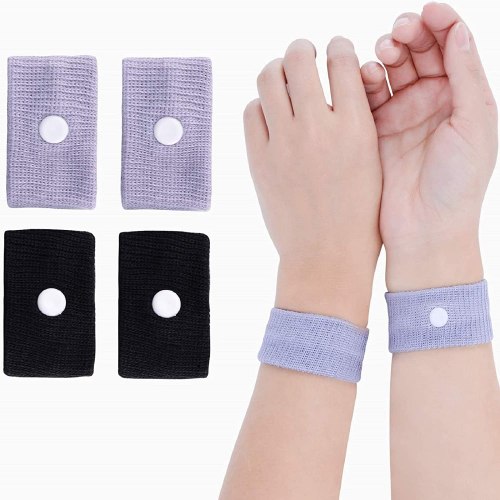
Lyjee Acupressure Wristband for Nausea — $5.00
ThirdLove Just Launched Bras That Help Balance Your Body Temperature—Here’s Why That’s a Game-Changer for Women in All Life Stages

These Are the Only Types of Underwear You Should Be Wearing, According to Gynecologists

These Are the Summer Essentials You Should Bring With You Every Time You Leave the House, According to a Derm and an RD

7. Try OTC medications
“If you’re still getting motion sick and you’ve tried everything—you’re sitting in the right seat, you’re not reading, you’re not watching movies, you’re drinking all the water in the world—if you’re still having issues, then you can try over-the-counter medications like Scopolamine patches ($10) or Dramamine ($10),” says Dr. Sonpal. Note that one of the ingredients in Dramamine is Benadryl so it can make you sleepy—which may not be a bad thing if you can snooze while you cruise.
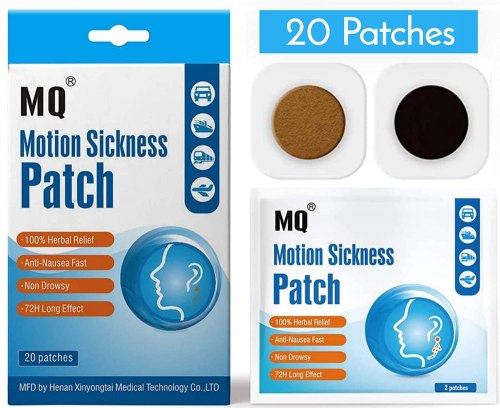
Motion Sickness Patch - 20 Pack — $10.00
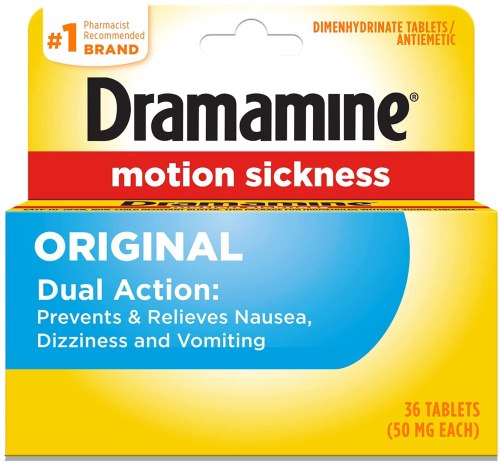
Dramamine Motion Sickness — $10.00
Oh hi! You look like someone who loves free workouts, discounts for cult-fave wellness brands, and exclusive Well+Good content. Sign up for Well+, our online community of wellness insiders, and unlock your rewards instantly.
Sign up for the Well+Good SHOP Newsletter
Get exclusive deals on wellness, beauty, fitness, and food products that have been hand-picked by our editors.
Got it, you've been added to our email list.
